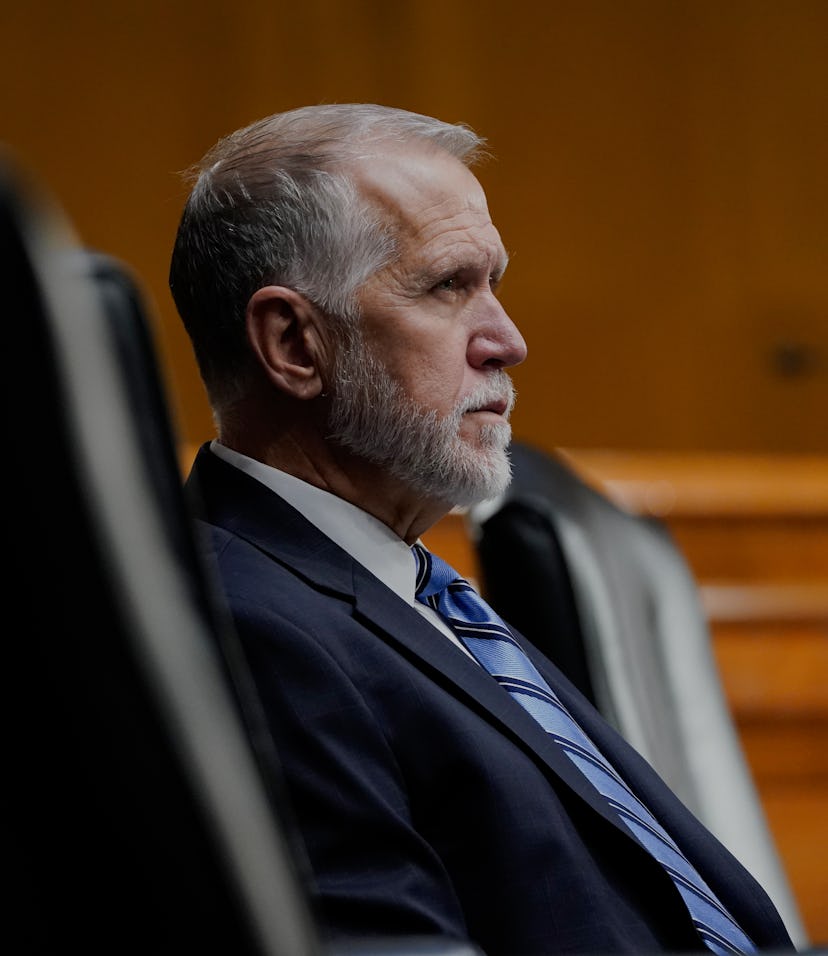Tech
Newly passed COVID-19 relief bill goes after illegal streaming sites
The "felony streaming" proposal was snuck into the must-pass spending bill.

As Congress rushed to get a new COVID-19 relief bill out the door, some politicians took the opportunity to slip controversial line items into the "must-pass" bill. Case in point, in the past month Senator Thom Tillis from North Carolina managed to squeeze in a proposal that would bring felony charges and up to 10 years in prison for operators of illegal streaming platforms.
These types of measures hidden inside broader, unrelated bills are a frequent occurrence as politicians hope they can avoid too much scrutiny amid the noise of the overarching issues. Tillis received a large influx of contributions from PACs affiliated with the likes of NBC and Universal Music Group before his reelection.
More power for Hollywood — The felony streaming proposal would exclusively target commercial platforms that distribute pirated content, not users. The measure doesn't, as The Hollywood Reporter's story about the move on Monday seemed to suggest, criminalize individuals on Twitch and elsewhere who may inadvertently or otherwise include unlicensed works as part of their streams, as long as they're not explicitly pirating for commercial gain.
It's unclear how effective the measure will be. Many websites that explicitly function to serve up pirated content, like Putlocker, are not based in the United States, though the FBI will be able to pursue such sites. Major platforms like YouTube already strictly enforce copyright protections under the Digital Millennium Copyright Act (DMCA).
The omnibus bill also includes the CASE Act, which would create a small claims court of sorts within the U.S. Copyright Office where copyright holders could seek recourse from individuals and seek payments of up to $30,000. That three-person court would make it easier for copyright trolls to go after small-fry infringers without the need to spend money taking their claims to federal court.
The U.S. government has always worked hand-in-hand with the entertainment industry to levy tough sanctions on copyright infringers, which makes experts fear the new system will favor big corporations over individuals.
Power imbalance — As the system is set up today, streamers on platforms like Twitch can be hit with punitive measures for the smallest use of copyrighted content — because copyright holders use automated systems to inundate platforms with claims, ones which sometimes aren't even valid.
But because Twitch, YouTube, and others are obligated to take down violating content in a reasonable time, they will remove content without reviewing it and expect individuals — who don't have the money or resources of a copyright holder — to file lengthy appeals.
Experts at the American Civil Liberties Union and other organizations have criticized the new measures saying the copyright system is already weighted too heavily in the favor of copyright holders.
Some relief, nonetheless — The relief package was approved by both the House and Senate yesterday, and President Trump is expected to sign it by the end of the week. The final bill, when it arrived at 2 p.m. on Monday, came in at over 5,000 pages — and members of Congress were asked to bring it to a vote only two hours later. So, expect that a deeper reading might turn up more amendments of dubious importance. But hey, you (probably) got $600, so that's good... right?